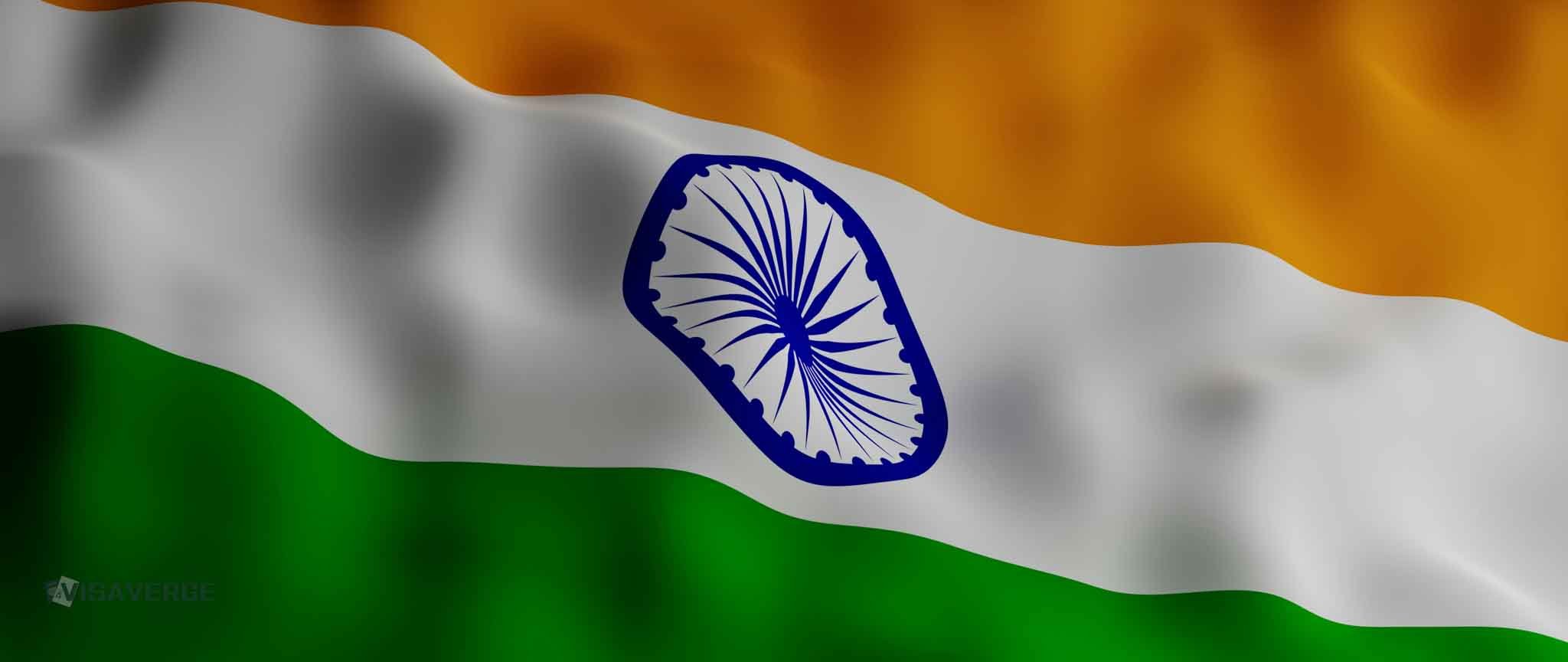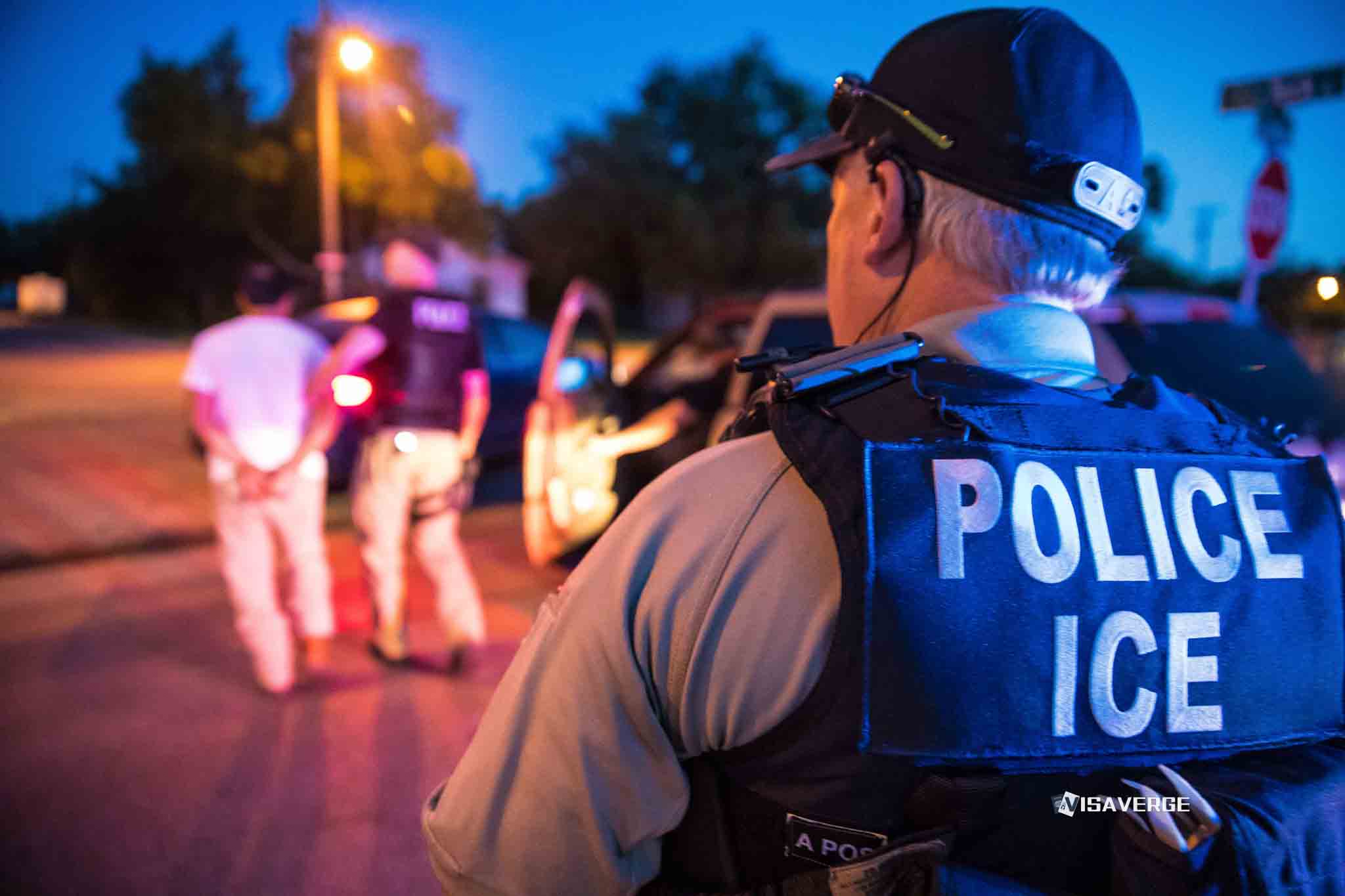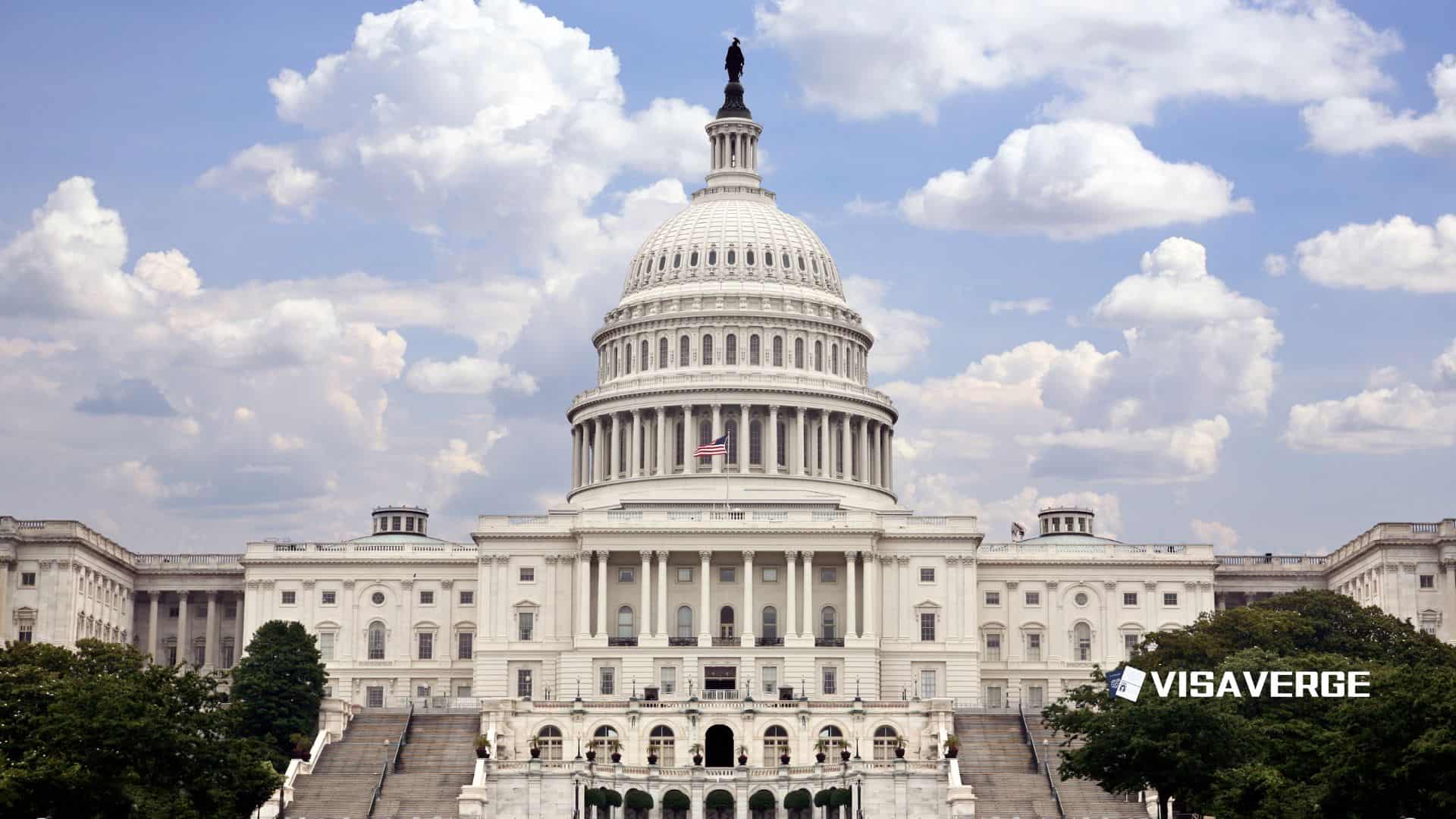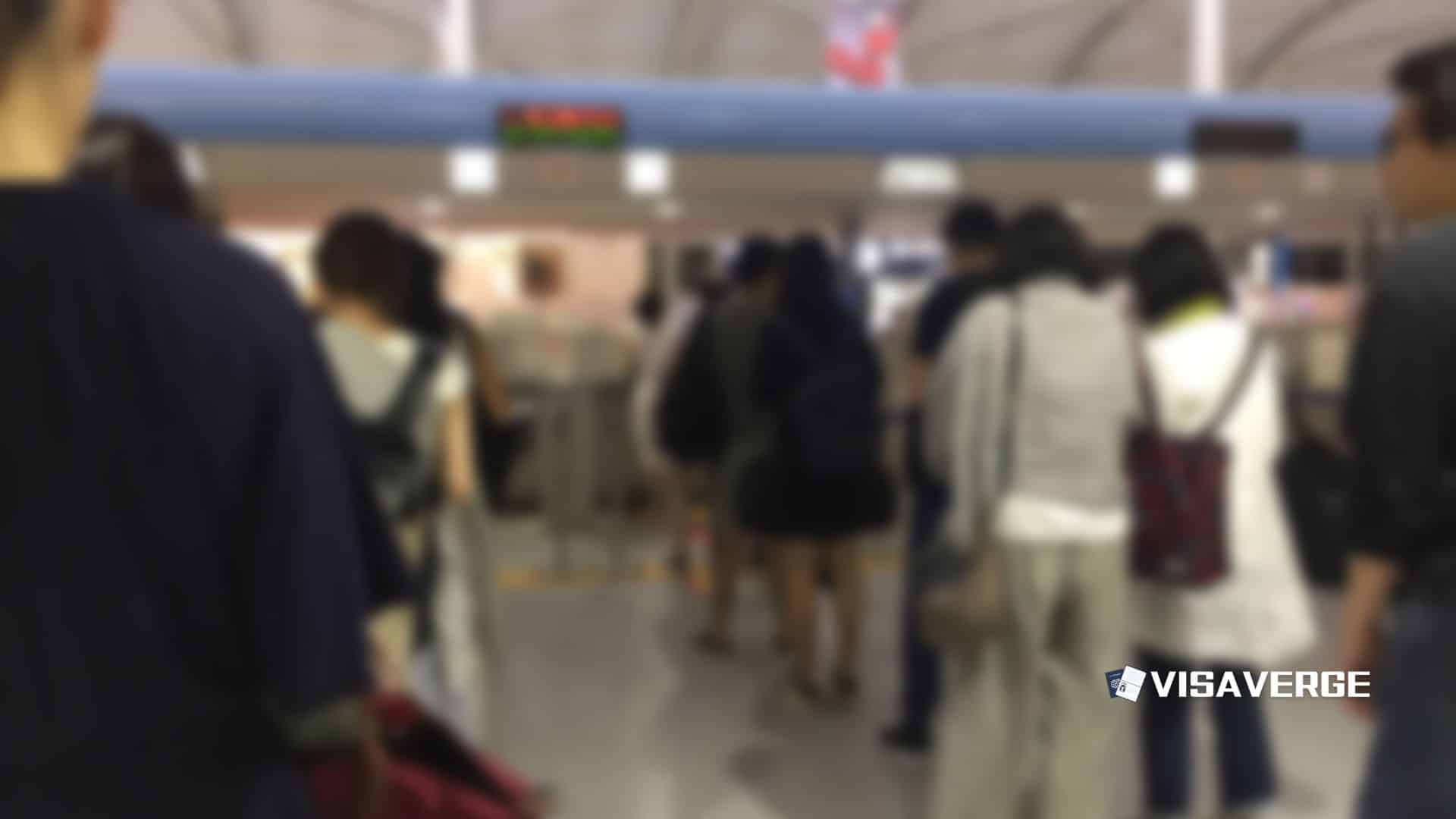(INDIA) India’s new Immigration and Foreigners Order, 2025 is drawing sharp criticism from human rights groups, who say it hands the government sweeping control over foreigners while stripping away basic safeguards, including the right to leave the country and protection from arbitrary detention and deportation. The framework, which took effect after a Home Affairs notification on September 2, 2025, could reshape the lives of millions of migrants, refugees, and long‑term foreign residents in India.
At the heart of the debate are powers that campaigners say are incompatible with India’s obligations under international law, especially the International Covenant on Civil and Political Rights (ICCPR), which India has been party to since 1979. Amnesty International and Human Rights Watch say the Order centralizes authority in the executive branch, weakens judicial oversight, and creates broad loopholes for rights abuses, from travel bans to indefinite detention.

Key controversial provisions
Freedom of Movement Restrictions (Section 5)
One of the most contested elements is the set of Freedom of Movement Restrictions in Section 5 of the Order. This clause allows the government to stop foreigners from leaving India on broad grounds such as “public interest” or possible harm to relations with any “foreign state.”
- There is no clear definition of these terms.
- There is no built‑in right to a hearing, and no requirement for prior court approval.
- Amnesty International argues these restrictions clash with Article 12 of the ICCPR, which protects the right of everyone lawfully in a country to move freely and to leave that country, subject only to narrow and clearly defined limits.
Legal analysts emphasize that exit‑blocking measures must meet strict tests of necessity and proportionality in a democratic society. Critics say the Order offers neither, instead giving officials space to impose travel bans on journalists, activists, or government critics without transparent criteria.
Human Rights Watch has documented cases where authorities cancelled visas or blocked entry for academics and journalists critical of government policy, raising fears these powers could similarly be used against people already inside the country.
Detention and Deportation (Section 12)
Section 12 permits authorities to detain and remove anyone who lacks valid documents, without requiring full due process.
- There is no explicit protection for people with strong claims to refugee status.
- There is no explicit safeguard against returning people to countries where they face persecution.
For groups like the Rohingya, who face the risk of torture or persecution if returned, this approach appears to violate the principle of non‑refoulement—the core refugee‑law norm that no one should be sent to a place where they face serious harm.
Amnesty International links these provisions to potential breaches of multiple ICCPR guarantees:
- Article 6 — right to life
- Article 7 — ban on torture and cruel, inhuman, or degrading treatment
- Article 9 — protection from arbitrary arrest or detention
Lawyers point out a practical risk: a foreign national stopped during a routine document check could be detained and put on a path to deportation with limited chance to explain their situation, challenge evidence, or secure legal help.
Expansion of Foreigners Tribunals (Sections 16–20)
Sections 16 to 20 expand the role and powers of foreigners tribunals, quasi‑judicial bodies that determine whether a person is a “foreigner.”
- Under the new national framework, tribunals gain wider powers, including issuing arrest warrants and sending people to detention centers.
- Rights groups point to the Assam experience as a warning: Amnesty International recorded cases where tribunals declared Indian citizens to be “foreigners” despite valid documents, effectively making them stateless and subject to long‑term detention.
Critics argue the system repeats these problems nationwide. The burden of proof falls heavily on individuals—often poor or with limited education—who must prove they are not “illegal” despite gaps in India’s civil registration records. Appeal routes are narrow and complex.
VisaVerge.com analysis warns that the expansion of tribunals, combined with detention powers in the Order, risks creating a national machinery that can move people into detention centers faster than courts can review their cases.
Exemptions: Immigration and Foreigners (Exemption) Order, 2025
Alongside the main law, the Ministry of Home Affairs issued the Immigration and Foreigners (Exemption) Order, 2025, which also took effect on September 2, 2025. This Order specifies which groups are exempt from some of the harsher provisions.
Official texts and notifications related to immigration can be found on the Ministry of Home Affairs website: https://www.mha.gov.in
The Exemption Order shields certain categories from strict documentation and deportation rules, including:
- Members of the Indian Armed Forces
- Citizens of Nepal and Bhutan
- Registered Tibetans
- Religious minorities from three neighboring countries — Afghanistan, Bangladesh, and Pakistan — who entered India before specified dates: Hindus, Sikhs, Buddhists, Jains, Parsis, and Christians who sought shelter before December 31, 2024
- Registered Sri Lankan Tamil nationals who arrived up to January 9, 2015
To make the pattern clearer, consider this summary table of the main exemptions:
| Exempted Group | Basis / Date threshold |
|---|---|
| Indian Armed Forces members | Categorically exempt |
| Citizens of Nepal & Bhutan | Categorically exempt |
| Registered Tibetans | Categorically exempt |
| Hindus, Sikhs, Buddhists, Jains, Parsis, Christians from Afghanistan/Bangladesh/Pakistan | Entered before Dec 31, 2024 |
| Registered Sri Lankan Tamil nationals | Arrived up to Jan 9, 2015 |
Rights advocates describe this pattern as “selective humanitarianism.” They note the design favors non‑Muslim minorities from three Muslim‑majority neighbors, while Muslims who may face similar persecution are largely left outside the protective scope.
Observers trace a policy line from notifications issued since 2015, through the Citizenship Amendment Act (CAA) of 2019, and now to the 2025 framework, arguing each step reinforces sorting people by religion rather than by need for safety.
Impact on refugees, migrants, and civil society
- For refugees and asylum‑seekers—especially stateless groups like the Rohingya—the stakes are high. Detention and deportation powers, plus a requirement for holding centers and detention camps in every state and Union Territory, signal a move from ad hoc facilities to permanent infrastructure.
- Without explicit safeguards against refoulement in the Order, rights workers fear deportations to unsafe countries could increase.
- Amnesty International warns the Order enables arbitrary detention, forced returns, and also mass censorship by letting the state bar foreigners from leaving, revoke visas, or deny re‑entry on vague “public interest” grounds.
- Human Rights Watch highlights earlier alleged revocations of Overseas Citizen of India (OCI) cards or visas for diaspora activists. Under the new rules, such patterns could become more systemic, potentially trapping foreign researchers, faith leaders, or NGO workers inside India via exit bans.
Legal and international law concerns
The government asserts a sovereign right to control borders and manage foreigners. Legal scholars agree on sovereignty but stress international treaties constrain state action.
Under Article 12 of the ICCPR, any limit on movement must:
- Be based on clear law,
- Serve a legitimate aim (e.g., national security, public health),
- Be necessary and proportionate.
Critics say the Order’s vague references to “public interest” fail these tests.
Amnesty International and Human Rights Watch argue the Order conflicts with multiple ICCPR protections (Articles 6, 7, 9, 12). Lawyers predict Indian courts will scrutinize whether the Order’s provisions meet constitutional and international standards.
Government position, defenders’ arguments, and critics’ response
- Supporters in Parliament call the Order a modernization of colonial‑era laws, consolidating rules under the Immigration and Foreigners Act, 2025 (introduced in the Lok Sabha on March 11, 2025).
- The Act repeals four earlier laws:
- Passport (Entry into India) Act, 1920
- Registration of Foreigners Act, 1939
- Foreigners Act, 1946
- Immigration (Carriers’ Liability) Act, 2000
Officials say consolidation reduces fragmentation and clarifies policy. Rights groups counter that it centralizes power without building in adequate checks, such as independent review mechanisms and fair asylum procedures.
Critics warn that concentrating authority in the executive, without strengthening courts and asylum systems, will deepen fear among vulnerable communities—from undocumented workers to long‑term refugee families.
Likely legal challenges and public response
- So far, there have been no large‑scale public protests comparable to the anti‑CAA demonstrations of 2019–2020, but migrant networks and refugee communities are monitoring developments closely.
- Lawyers expect multiple legal challenges in Indian courts, likely focusing on:
- Freedom of Movement Restrictions (Section 5)
- Detention without robust review (Section 12)
- Expansion and powers of foreigners tribunals (Sections 16–20)
- Court rulings will be critical in determining how far the state may stretch immigration control before colliding with rights guaranteed by India’s Constitution and international law.
Key takeaway: Rights groups say the Immigration and Foreigners Order, 2025 consolidates sweeping executive power over foreigners while removing important safeguards—raising serious concerns under India’s domestic law and international obligations, and likely prompting significant legal battles in the courts.
The Immigration and Foreigners Order, 2025, effective September 2, centralizes immigration powers, restricts freedom of movement under Section 5, permits detention and deportation without full due process in Section 12, and expands foreigners tribunals’ authority (Sections 16–20). An Exemption Order protects specific groups, but rights groups warn of selective protections and risks to refugees, including potential non-refoulement breaches. Legal challenges are expected to test compatibility with India’s Constitution and the ICCPR.













